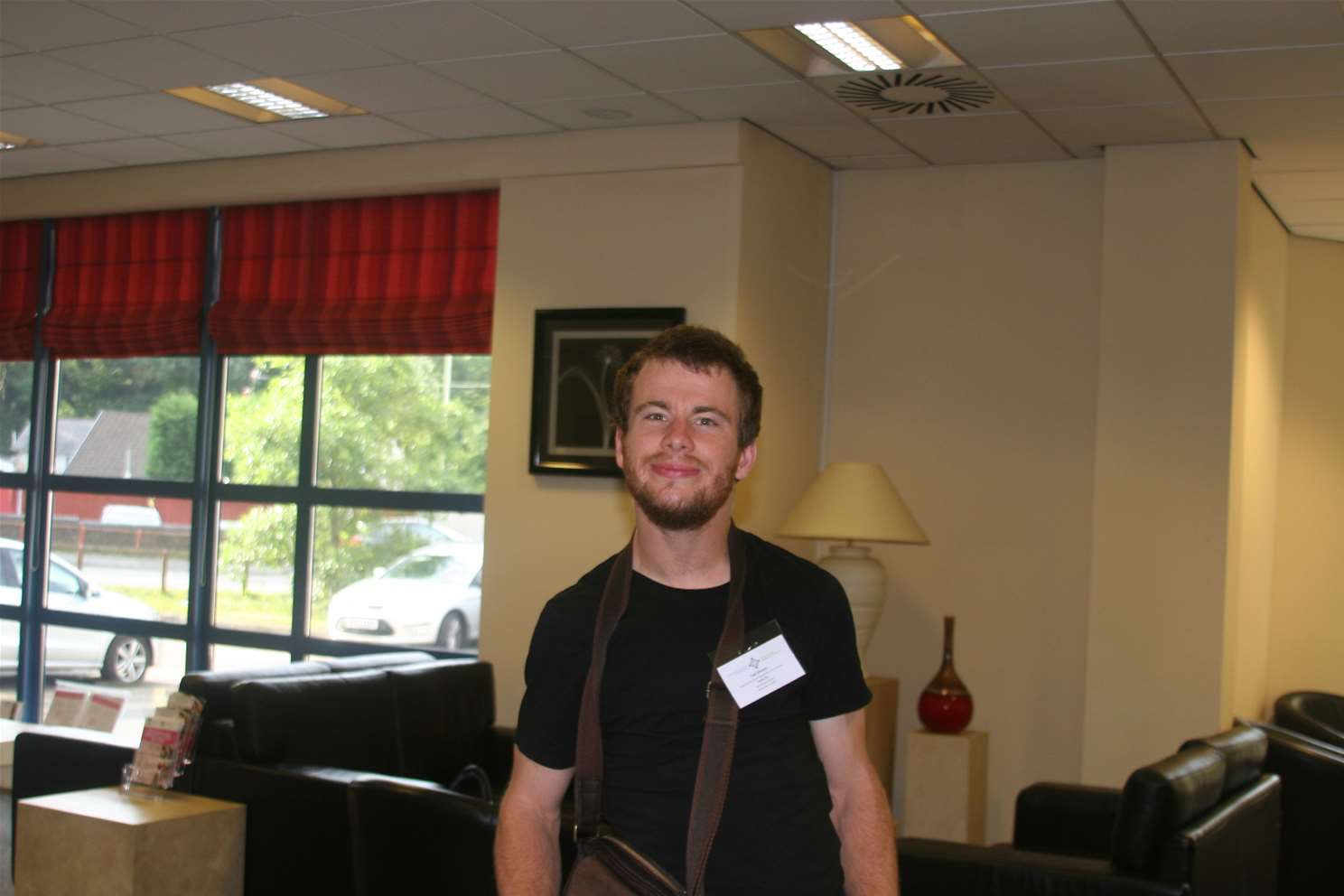Thanks to the internet and social media one could say the term ‘friend’ is now trivial, ‘friends’ are now the token you collect illustrating one person who can interact with your Facebook posts. Someone with 10 ‘friends’ has 10 people permitted to interact with them on Facebook while someone with 2,000 ‘friends’ has 2,000 people permitted to interact with them on Facebook. The question ‘Can we be friends?’ may mean ‘Can we see if we can establish a life-long platonic bond?’ but now it more likely means ‘Can I expose you to what I post on Facebook?’ I have over 1,000 people connected to my Facebook but only a few I’d step in front of a bus for – and even then it would have to be parked!
Such a concept is hard for anyone to grasp at first and could be even harder for those with conditions prohibiting their interpersonal intelligence. As a YouTuber and blogger I am keen to make as many (Facebook) friends as I can as everyone is then more likely to click on the links I post. My rationale is ‘if not spam: accept’ – so if you’re reading this, as a human I may well let you be my Facebook friend!
Adopting such an open-door policy on ‘friendship’ has caused issues with certain individuals who may have developmental difficulties as they often start disclosing everything to me like I’m their best friend and become upset if I don’t reciprocate. This would clearly prove more of a problem around children as one cannot expect the non-disabled party to be fully aware and sensitive to what is going on. Situations may arise where one party is frustrated that they feel they are being neglected while the other party feels they are being bothered.
A restorative approach can offer the opportunity to explore this concept in a safe environment for both parties, where differing social and emotional needs can be addressed.




